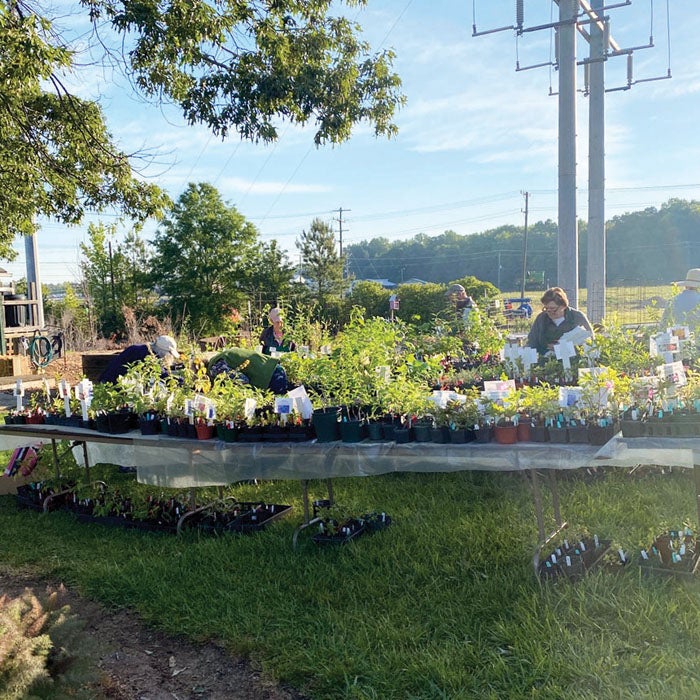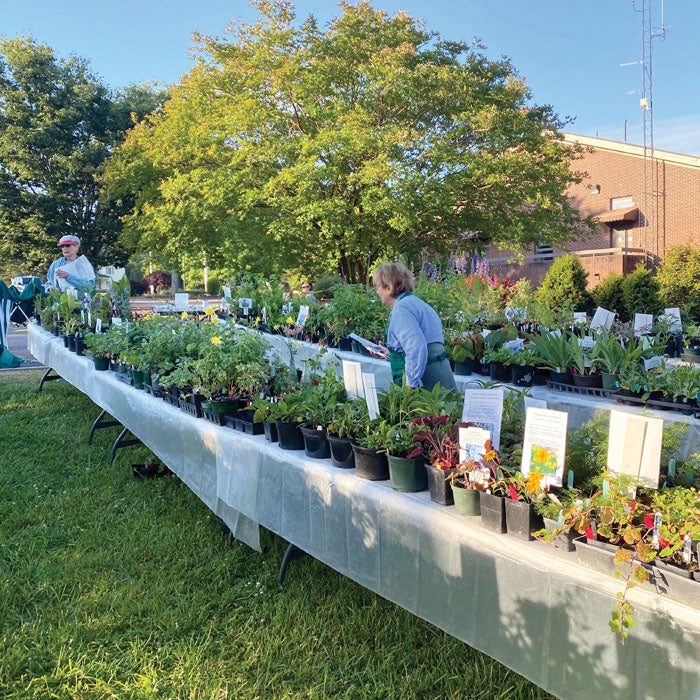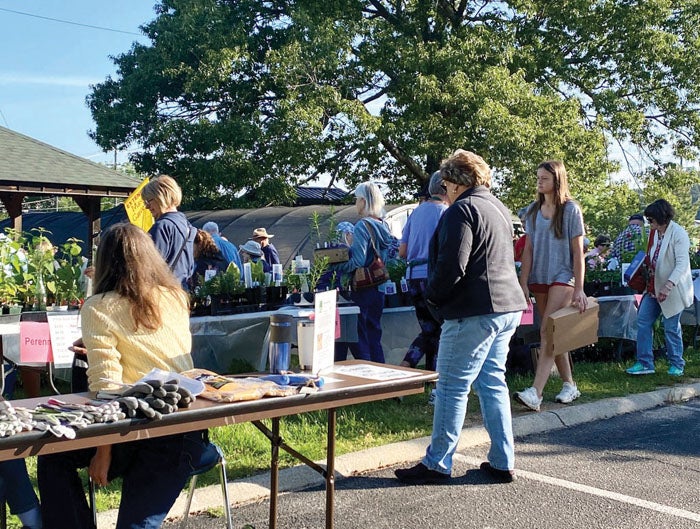Plant propagation classes planned for summer
Published 12:00 am Saturday, May 13, 2023
By Amy-Lynn Albertson
The Rowan County Extension Master Gardener Volunteers had a super successful plant sale at the Agricultural Center this year. More than 200 people purchased plants from our sale. I hope everyone is as excited as I am about their plant purchases. I bought a beautiful daylily, mountain mint, cat nip and Spanish Lavender. If you missed the plant sale, you could still get in on some plant madness by taking one of our plant propagation classes this summer.
The Rowan County Master Gardeners will offer their annual propagation class on June 28, July 13 and July 17 from 9 a.m.-noon. The cost is $20. Bring pruners, a knife and cutting of shrubs you want to propagate. You can save money by producing your own plants, which can be a fun and rewarding hobby. The cuttings need to be softwood and 6-8 inches long. Keep the cuttings in water or a cooler. It would help if you waited to cut them until the morning of the class. Experienced Master Gardeners will walk you through the process and help you grow your garden. The class size is limited to 15 participants per class. Plants should be well watered before taking cuttings. Plants under stress will not do well. Cuttings from old wood or aged or declining shrubs will be difficult to propagate. Shrubs should be insect- and disease-free. Cuttings should be taken on the morning of the workshop.
Participants are encouraged to bring enough plant material to share with others. Recommended plants for propagation include most ornamental shrubs, including all varieties of butterfly bushes, hydrangea, azalea, mock orange, crape myrtle, spirea, weigela, gardenia (upright and trailing varieties), holly, roses, chaste tree (vitex), Kerria, viburnum and beautyberry. Some conifers will do well, others not so much. Camellias will propagate, but they take a while to mature. Don’t forget the vining plants and herbs. Clematis and lavender would be two examples. When filled, the propagation trays will be nurtured in the greenhouse until fall. At that time, a potting up session will be scheduled, with Master Gardeners to assist, and the new plants will be ready to be taken home. The summer is the perfect time to try reproducing that lilac bush or crabapple. The best time to take “softwood” cuttings is in June, July and sometimes early August. The term “softwood” describes the growth stage of a deciduous woody plant that’s not the new, green growth at the end of a shoot or the stiff woody growth at the base of the stem.
The softwood lies between the two. The best way to know if a shoot has reached the softwood stage is to bend it. If it snaps, the shoot is ready to be taken as a cutting. If the shoot is very flexible and doesn’t snap, it’s too green. Finally, if it’s not flexible at all, it’s too old. The soft shoots are quite tender, and extra care needs to be taken to keep them from drying out. However, the extra effort pays off because softwood cuttings usually root quickly. You can use a flower pot or a small flat if rooting a few cuttings. Cover the cuttings with a bottomless milk jug to maintain high humidity, or place the container in a clear plastic bag. Some plants easily propagated by softwood cuttings are azaleas, blueberries, flowering cherries, crapemyrtles, dogwoods, forsythia, hydrangea, roses and lots more. Go to rowan.ces.ncsu.edu to register for any of our three propagation classes.
Amy-Lynn Albertson is director of the Rowan County Extension.







